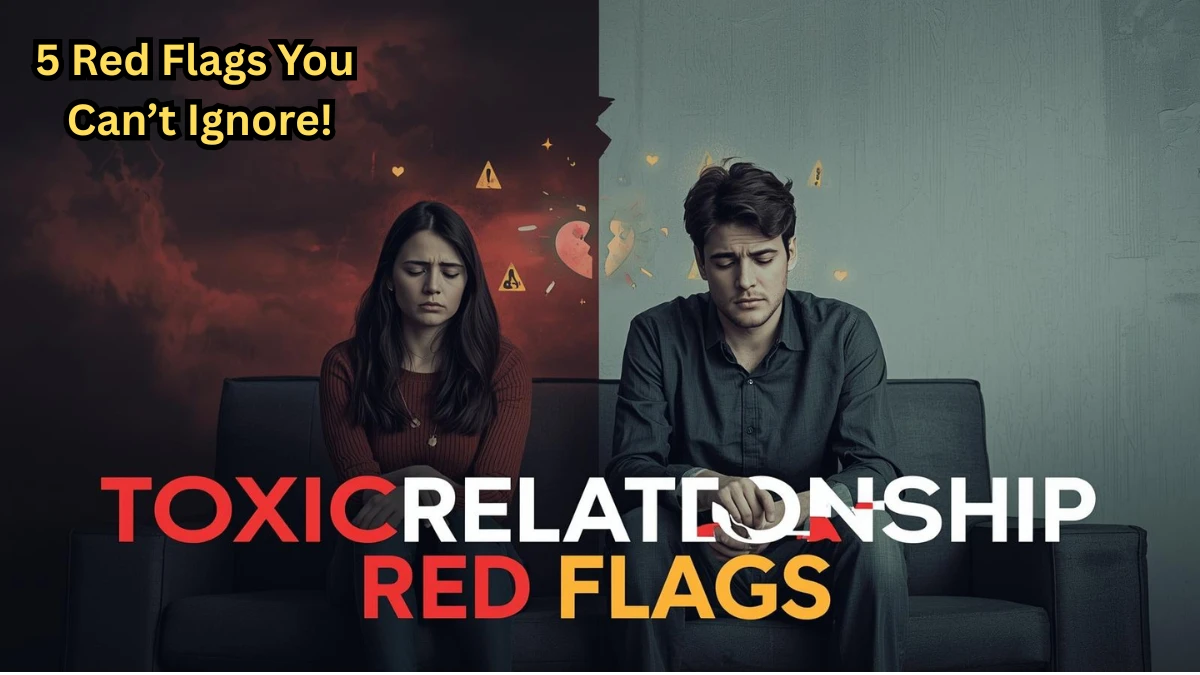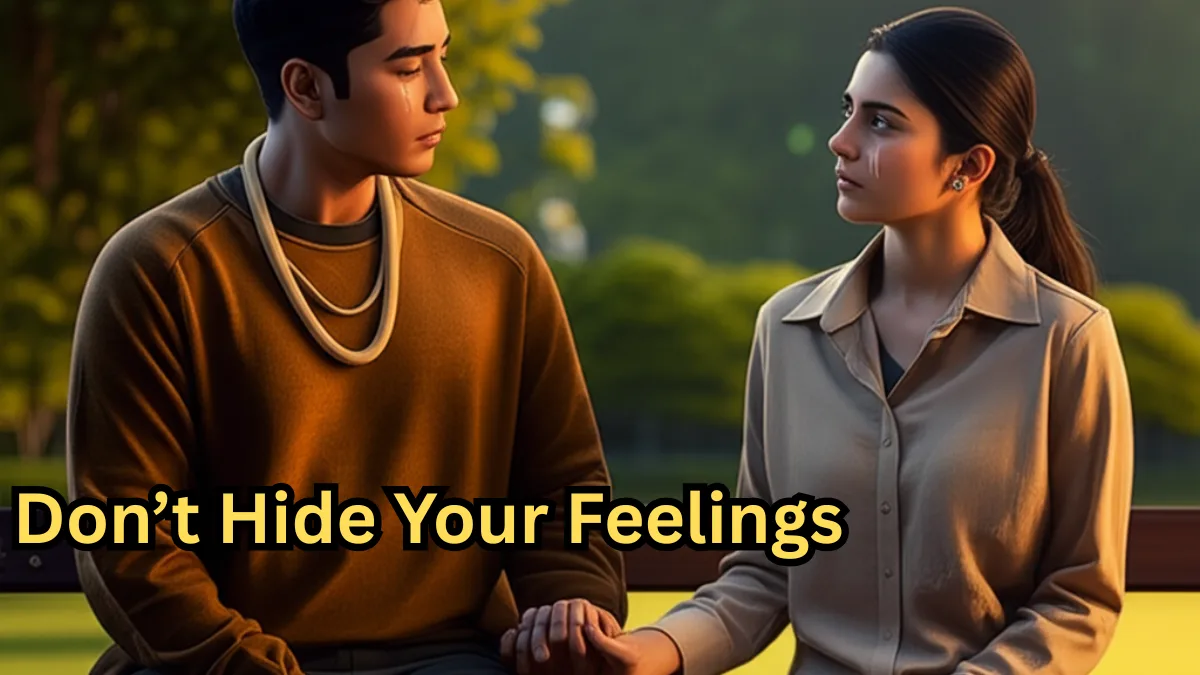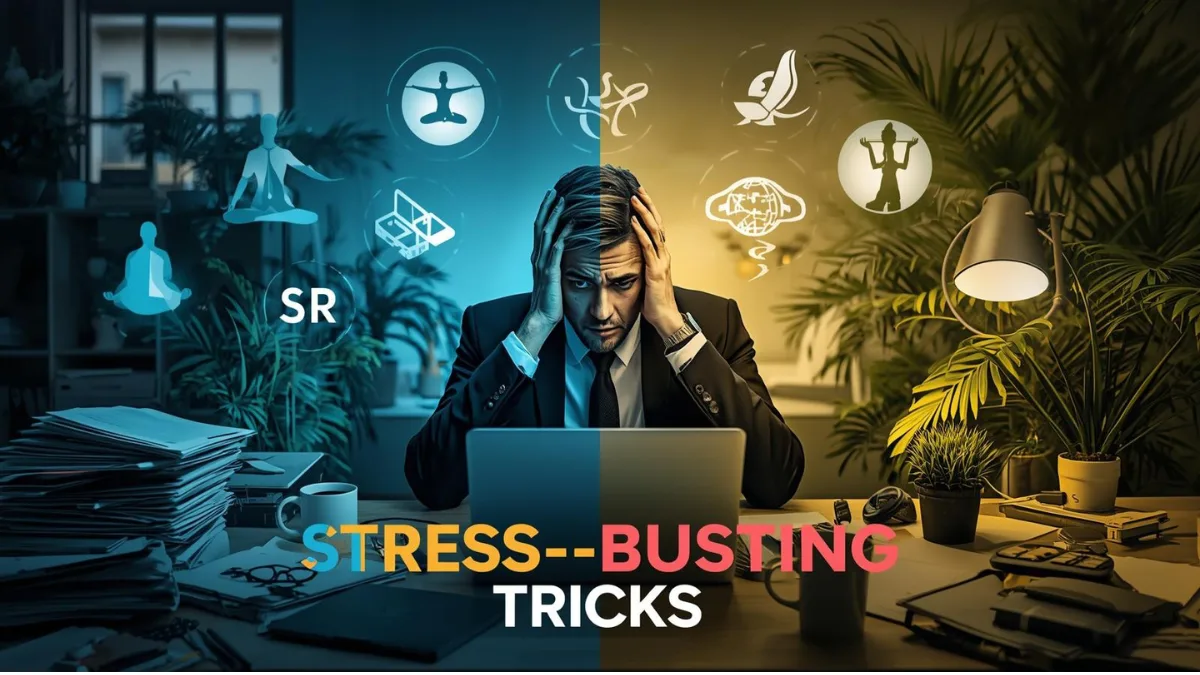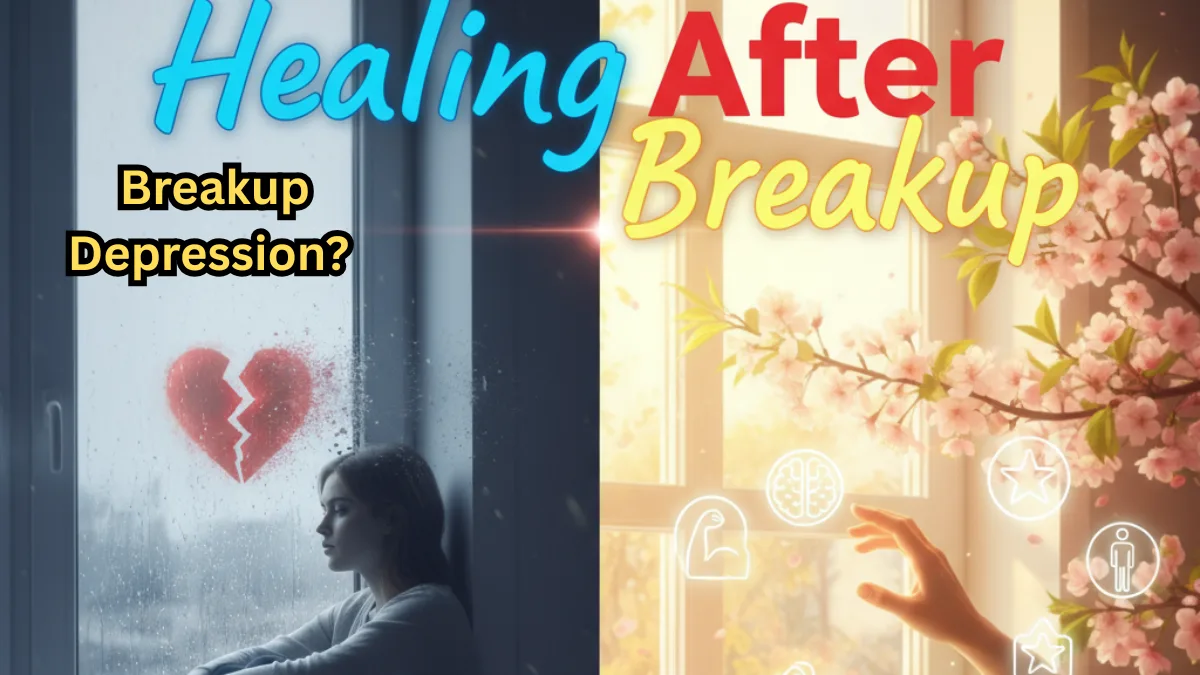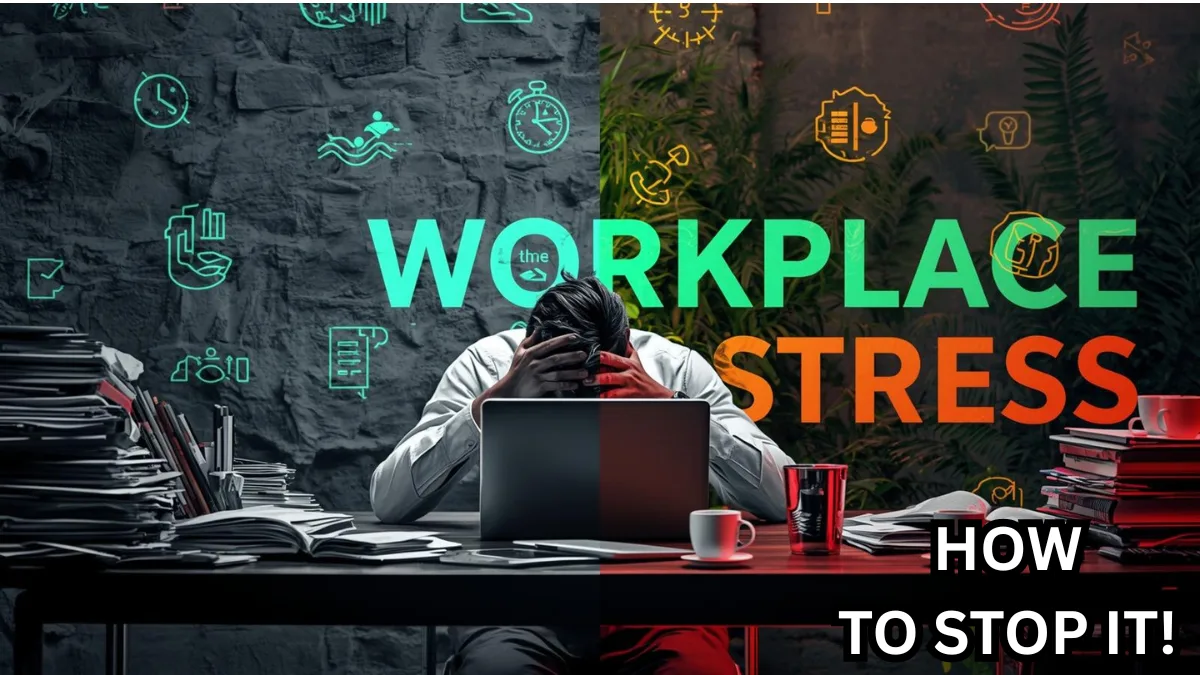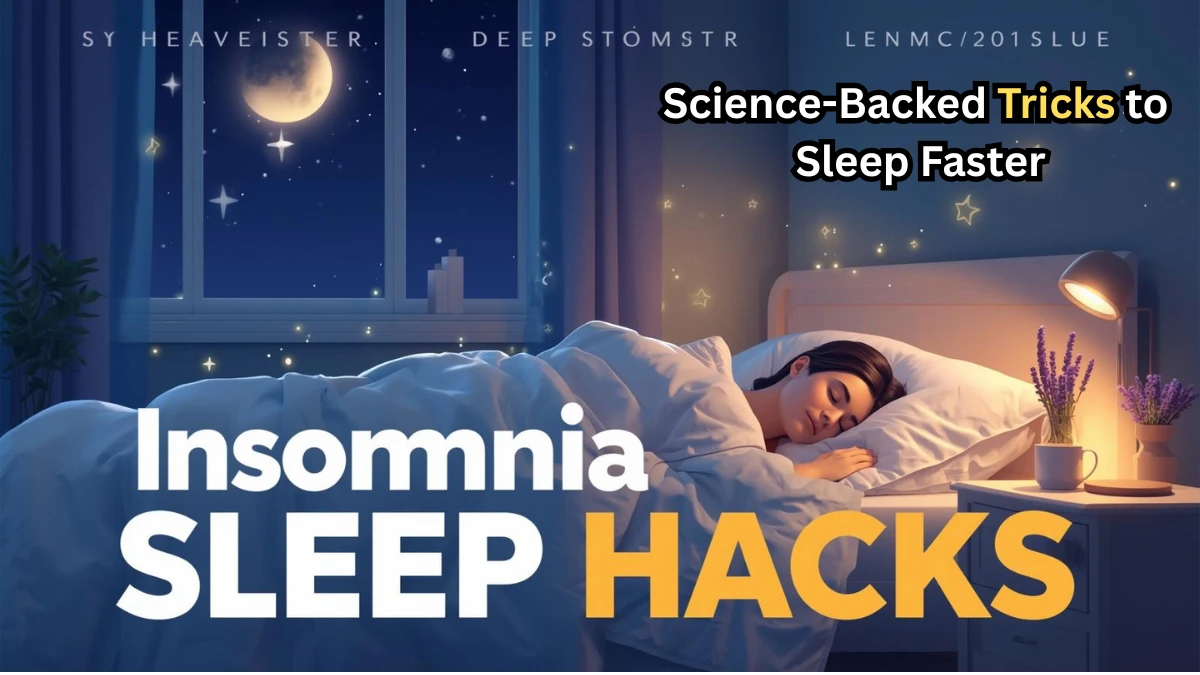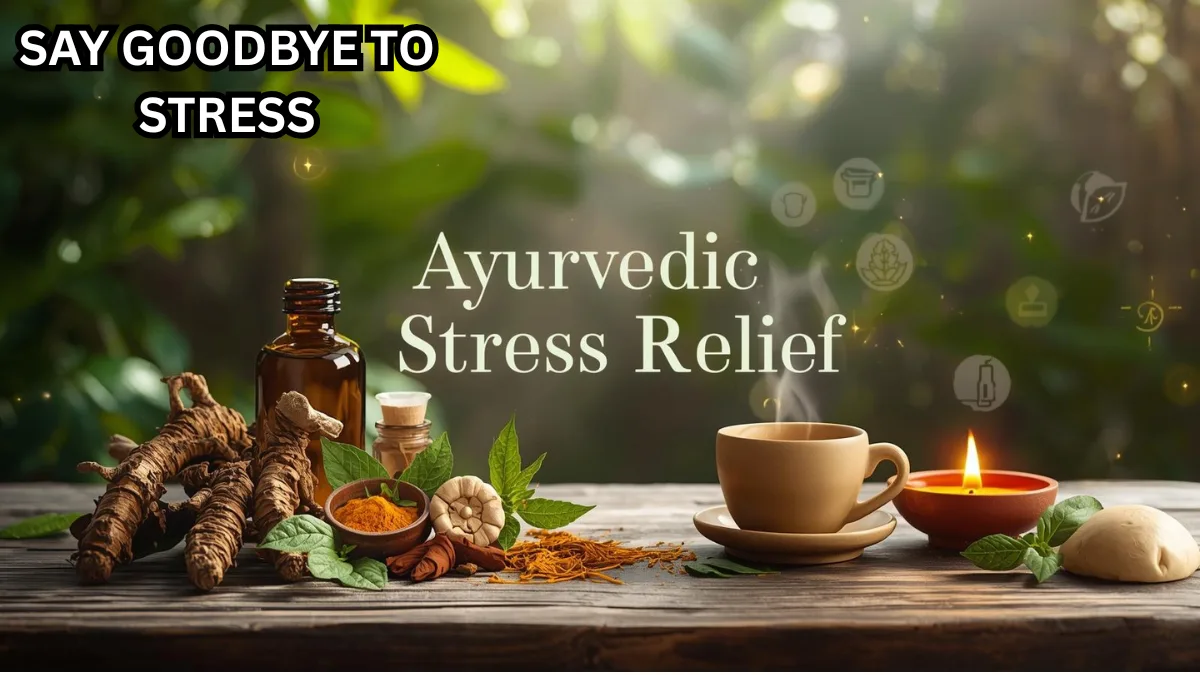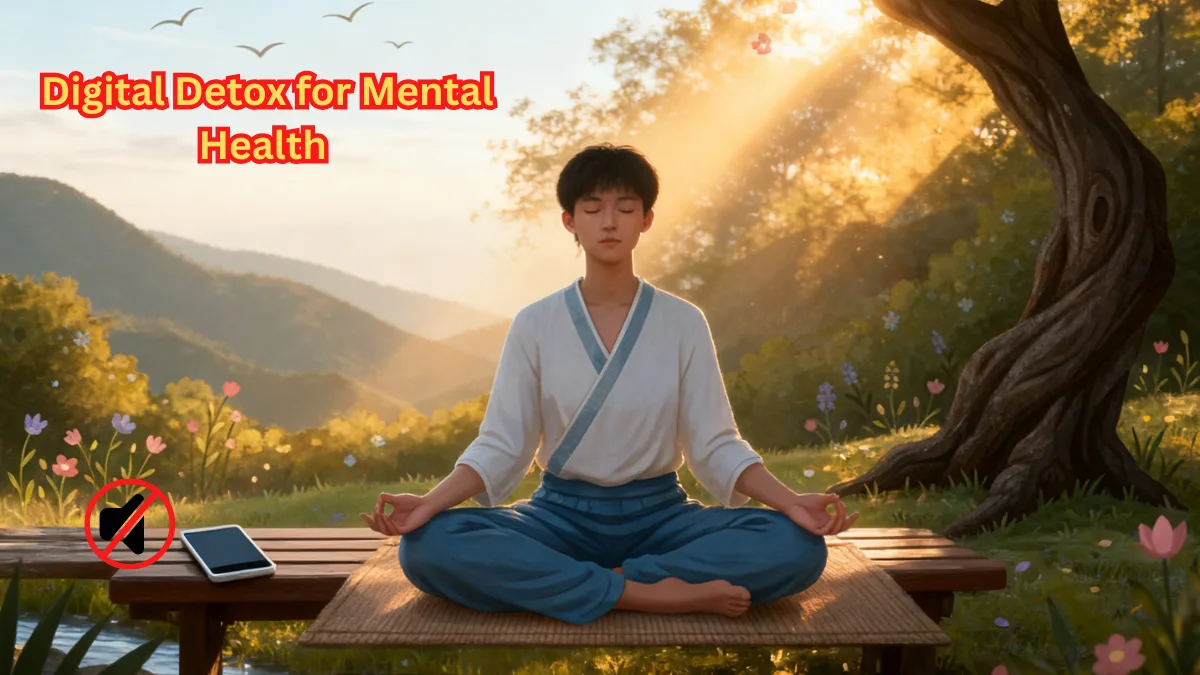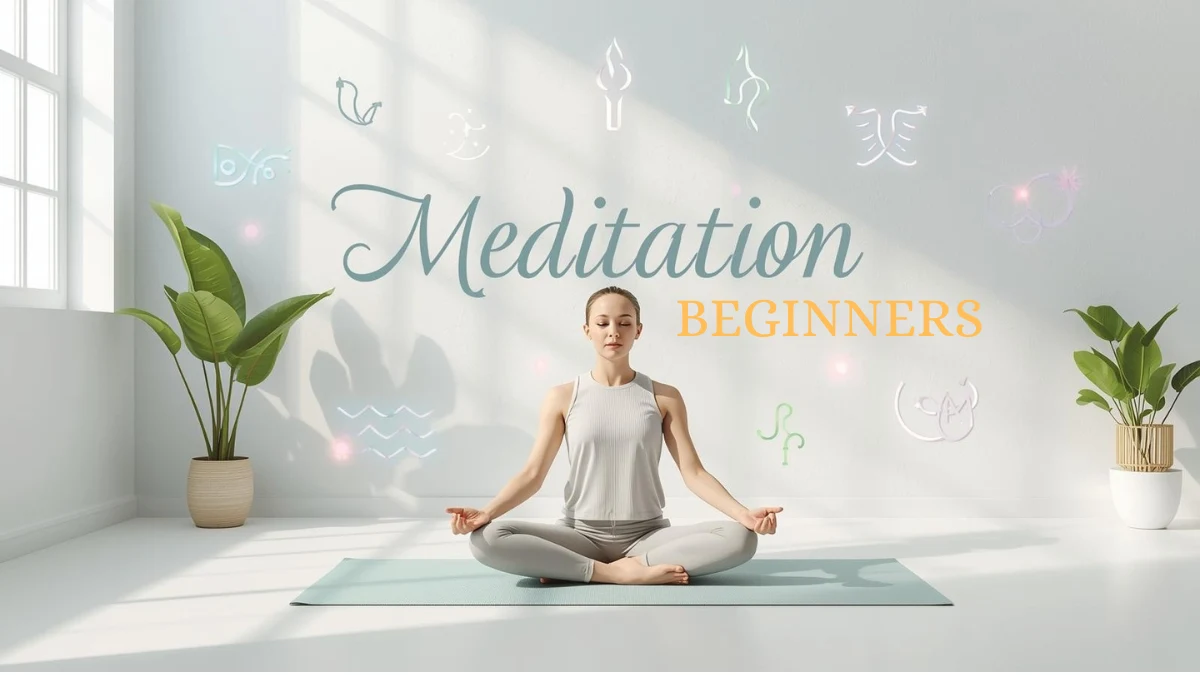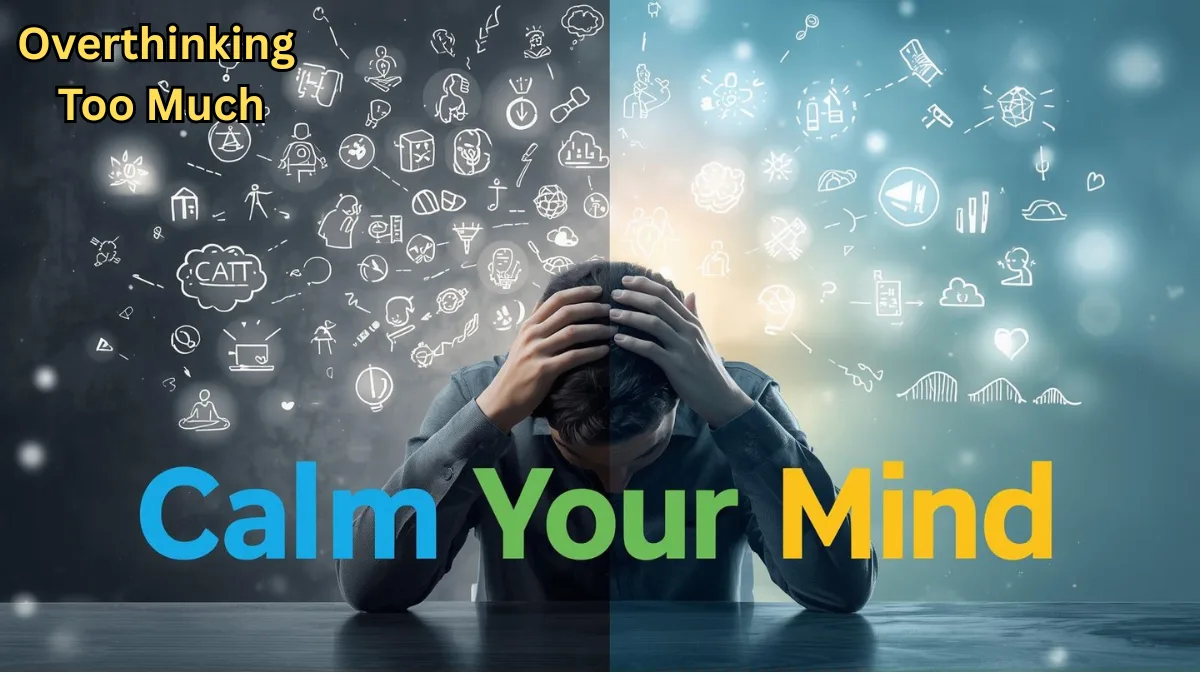💔 Are toxic relationships affecting your mental health? Learn 5 red flags, recognize emotional abuse, and take action to protect your emotional wellness today!
Toxic relationships can silently destroy your mental health, self-esteem, and emotional well-being 😔. Many people fail to recognize emotional abuse, manipulation, and controlling behaviors, which leads to stress, anxiety, and even depression.
Here are 5 red flags that signal a toxic relationship and strategies to protect your mental health.
1️⃣ Are Constant Criticism and Judgment Affecting Your Mental Health? 🧠
Constant criticism and judgment from a partner can severely impact mental health and emotional well-being. Toxic partners may undermine your confidence, belittle your achievements, or make negative comparisons to others. Over time, this can lead to anxiety, depression, low self-esteem, and self-doubt.
Answer:
If you frequently feel anxious, unworthy, or second-guess your decisions, these are warning signs of emotional abuse. Recognizing these red flags early is crucial for maintaining mental wellness and protecting your emotional health.
Real-Life Example:
Priya, 26, constantly received belittling remarks from her partner about her career choices. She began therapy after noticing a decline in self-confidence and learned strategies to set boundaries and rebuild her self-esteem.
Expert Quote 👩⚕️:
“Persistent criticism is a major indicator of a toxic relationship and can lead to anxiety and depression over time.” – Dr. Priya Kapoor
2️⃣ Is Manipulation or Control Taking a Toll on Your Emotional Wellness? 🎭
Many toxic partners use manipulation, guilt-tripping, or controlling behaviors to dominate the relationship. This often leaves one feeling trapped, anxious, and constantly walking on eggshells. Over time, these behaviors can negatively affect emotional resilience, stress levels, and even physical health.
Answer:
Feeling the need to constantly adjust your behavior to please your partner is a clear warning sign. Seeking counseling or therapy can help break the cycle, restore confidence, and rebuild emotional independence.
Real-Life Case Study:
Lisa, 28, noticed her partner was controlling who she could interact with socially and criticized her choices in subtle ways. After attending relationship counseling, she regained confidence, established boundaries, and gradually rebuilt her sense of autonomy.
Expert Quote 👩⚕️:
“Manipulative or controlling behavior in a relationship erodes emotional health. Early recognition and professional support are key to recovery.” – Dr. Anjali Desai
3️⃣ Are You Experiencing Excessive Stress or Anxiety in the Relationship? 😰
Frequent arguments, unpredictable partner behavior, and lack of emotional support can create chronic stress and anxiety. Over time, this affects both mental and physical health, leading to fatigue, irritability, and emotional instability.
Answer:
If you notice your heart racing, disturbed sleep, or constant tension around your partner, these are clear warning signs of a toxic relationship. Incorporating stress relief techniques, such as mindfulness, journaling, or light exercise, alongside professional support, can protect your mental wellness and resilience.
Scientific Backing 🔬:
A 2022 study in the Journal of Emotional Health found that individuals in toxic relationships exhibited significantly higher cortisol levels, indicating increased stress, along with elevated risk of anxiety and depression.
Expert Quote 👩⚕️:
“Chronic stress in a relationship isn’t just emotional—it impacts overall health. Recognizing these signs early is essential for recovery.” – Dr. Priya Kapoor
4️⃣ Are Boundaries Being Disrespected in Relationships? 🚫
Healthy relationships require mutual respect for personal boundaries. Toxic partners may ignore limits, invade privacy, or dismiss your feelings, gradually eroding your self-confidence and sense of security.
Answer:
Consistent boundary violations can lead to emotional exhaustion, decreased self-worth, and long-term mental health challenges. Prioritizing self-care and setting firm boundaries is crucial for maintaining emotional wellness.
Real-Life Example:
Rohini, 32, noticed her partner regularly dismissed her requests for alone time and frequently went through her personal messages. After seeking counseling, she learned to assert her boundaries effectively, which improved her mental health and sense of empowerment.
Expert Quote 👨⚕️:
“Respecting personal boundaries is a cornerstone of emotional wellness. Any relationship lacking this respect is harmful and unsustainable.” – Dr. Anjali Desai
5️⃣ Is Isolation from Friends and Family a Sign of Toxicity? 🏠
Toxic partners often isolate you from loved ones, creating emotional dependency and limiting external support systems. This manipulation tactic increases vulnerability to emotional abuse, stress, and anxiety, making it harder to recognize unhealthy patterns.
Answer:
Isolation in a relationship is a major warning sign. Maintaining strong friendships and external support networks is essential for emotional resilience and mental health. Reconnecting with friends and family can help restore perspective, confidence, and well-being.
Real-Life Example:
Mark, 32, realized his partner discouraged him from spending time with friends and family. By intentionally reconnecting with his social circle, he regained perspective, reduced stress, and improved his emotional health.
Bonus Tips to Protect Your Mental Health 💡
- Practice daily self-care routines 🛁 – exercise, meditation, or hobbies
- Maintain strong social connections 👥 – stay in touch with friends and family
- Seek professional counseling or therapy 🩺 – for guidance on recovery and boundary-setting
- Keep a journal 📝 – track emotions, triggers, and progress
📚 Sources:
- American Psychological Association (APA) – Relationship health and mental well-being – https://www.apa.org/topics/relationships
FAQs About Toxic Relationships ❓
Q1: How do I know if my relationship is toxic?
A: Look for repeated patterns of criticism, control, disrespect, emotional neglect, and isolation. Persistent stress, low self-esteem, and anxiety around your partner are also strong indicators of a toxic relationship.
Q2: Can toxic relationships cause depression or anxiety?
A: Yes! Prolonged exposure to emotional abuse and manipulation significantly increases the risk of depression, anxiety, chronic stress, and other mental health challenges. Recognizing these signs early is crucial for mental wellness.
Q3: How can therapy help in toxic relationships?
A: Therapy provides effective mental health strategies to set boundaries, rebuild confidence, and regain emotional control. It equips individuals with tools to cope with stress, navigate difficult emotions, and make informed decisions about their relationships.
Q4: Can I recover mentally after leaving a toxic relationship?
A: Absolutely! With consistent self-care routines, supportive social connections, and professional counseling, emotional healing and mental recovery are entirely possible. Recovery may take time, but resilience and mental wellness can be restored.
Q5: What steps can I take if I feel trapped in a toxic relationship?
A: Start by recognizing the abusive patterns, setting small boundaries, and reconnecting with friends and family. Seek therapy or professional guidance to safely plan for long-term changes.
Q6: Is emotional abuse less harmful than physical abuse?
A: No. Emotional abuse can have profound, long-lasting effects on mental health, including anxiety, depression, and trauma. Addressing it early is essential for maintaining emotional wellness.
Q7: Can mindfulness or stress relief techniques help in toxic relationships?
A: Yes! Practices like mindfulness meditation, journaling, breathing exercises, and physical activity reduce stress, improve emotional clarity, and enhance resilience while navigating toxic dynamics.
💬 Call-to-Action
- “Have you recognized these red flags in your relationship? Share your experiences below!”
- “Tag a friend who needs to see this to protect their mental health today!”
✅ Conclusion:
Toxic relationships can silently destroy mental health 💔. Recognizing the **5 red flags—constant criticism, manipulation, stress, boundary violations, and isolation—**is the first step to reclaiming emotional wellness. Implement self-care, counseling, and supportive habits to protect your mental health and live a balanced life.
